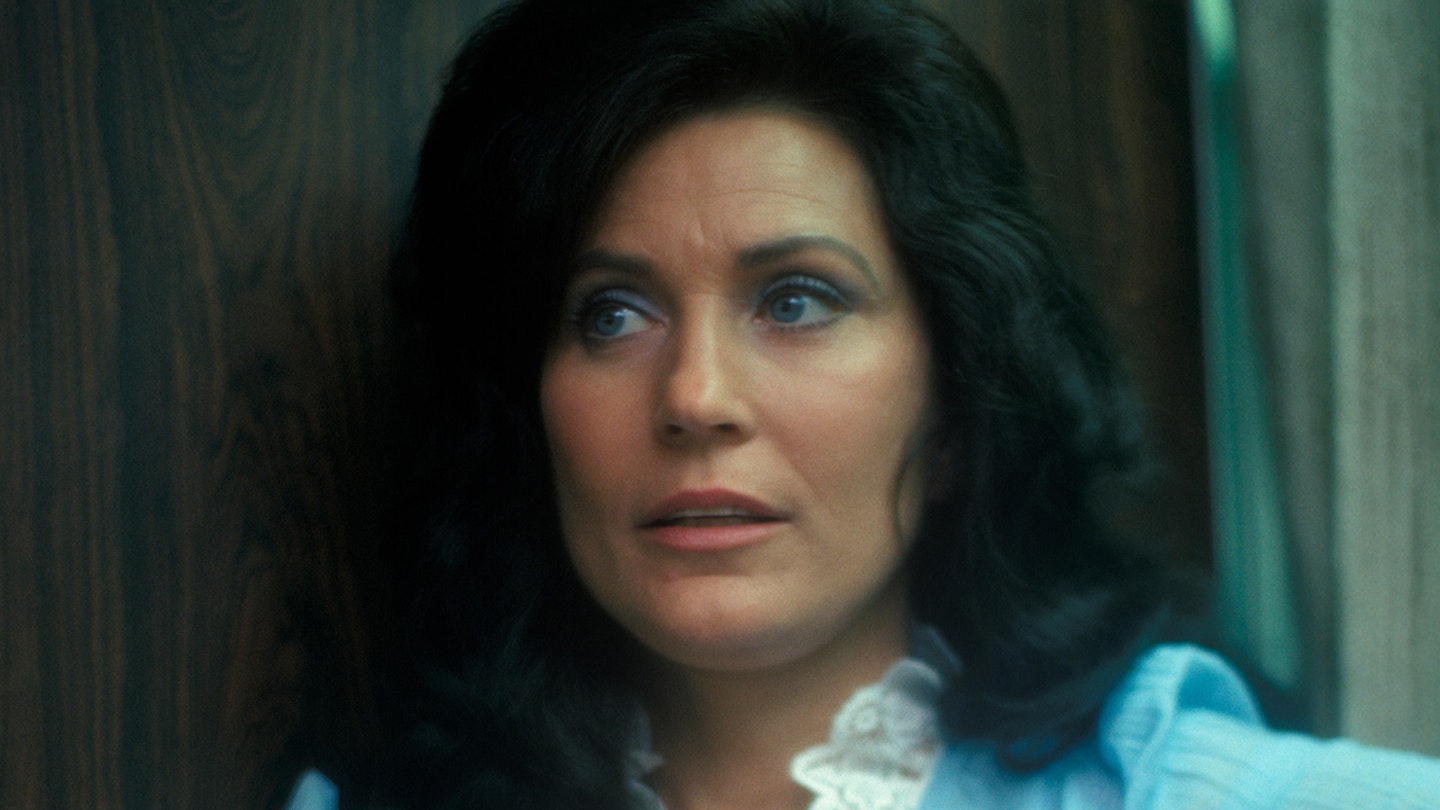Loretta Lynn has died at home in Hurricane Hills, Tennessee, aged 90, a spokesperson for her family confirmed today, 4 October.
ONE OF THE MOST CELEBRATED AND SUCCESSFUL COUNTRY MUSICIANS OF ALL TIME, Loretta Lynn broke down countless barriers facing female artists in Nashville in the ‘60s and ‘70s.
As a songwriter and performer, Lynn’s songs were characterised strength, defiance and humour in the face of heartbreak, poverty and men for whom lyin’, cheatin’ and drinkin’ were a reoccurring trait.
Lynn was born Loretta Webb in Butler Hollow, Kentucky in 1932, where her father Ted worked in the Van Lear coal mine. The second of eight children, she met and married Oliver ‘Doolittle’ Lynn when she was 16. ‘Doo’ gave up running moonshine when the couple moved to Washington and would later become Lynn’s manager, though his alcoholism and infidelity would become the subject of many of Lynn’s songs over the years.
In the late ‘50s Lynn began writing songs on the $17 Sears Roebuck guitar Doo bought her as an anniversary present and began performing in local bars. In 1960 she recorded I’m A Honky Tonk Girl, which became a number 14 country hit.
Lynn signed to Decca and in 1962 her song Success became the first of 16 top ten country hits that decade. 1967’s Don’t Come Home A-Drinkin’ (With Lovin’ On Your Mind) became Lynn’s first number one. The album of the same name became the first gold record awarded to an album by a female country music singer and that year she won the Country Music Association’s first ever Female Vocalist Of The Year award.
In the ‘70s, Lynn began a successful recording partnership with Conway Twitty. Their first collaboration, 1971’s After The Fire Is Gone, went to number one and the pair’s following six releases topped the county charts, with their next seven also landing in the top ten. As a solo artist Lynn enjoyed 24 country hit singles in that decade, with all but two charting in the top ten.
Lynn wrote with unflinching honesty about the plight of working-class women, often drawing from her own tempestuous marriage. Despite the relatively conservative values of country music at the time, she was unafraid to tackle controversial subject matters. Released in 1966 Dear Uncle Sam was written from the perspective of a woman widowed by the Vietnam draft, 1972’s Rated X criticised the stigma facing divorced woman, while The Pill, which Lynn wrote in 1975, was a celebration of the contraceptive pill, leading it to be banned by radio stations across America.
1970’s number one hit Coal Miner’s Daughter detailed her struggles growing up in Kentucky during The Great Depression and in 1976 she borrowed the title for her own best-selling autobiography which was adapted into 1980’s Oscar-winning film, starring Sissy Spacek.
In 1988 Lynn was inducted into The Country Music Hall Of Fame, but shortly afterwards took an extended hiatus from music to look after Boo, who died in 1996. Lynn was open about the pair’s 48-year relationship and her husband’s drinking, infidelities and violence, telling CBS, that “he never hit me once that I didn’t hit him back.”
In 2004, Lynn enjoyed one of her biggest commercial successes to date with Van Lear Rose, co-written and produced by Jack White. In 2016 her 43rd solo studio album Full Circle, which featured Willie Nelson and Elvis Costello became her highest-ever charting album in The Billboard Top 100.
President Barack Obama awarded Lynn the Presidential Medal Of Freedom in 2013 and she released her final album, Still Woman Enough in 2021.
Lynn is survived by four of her six children.
